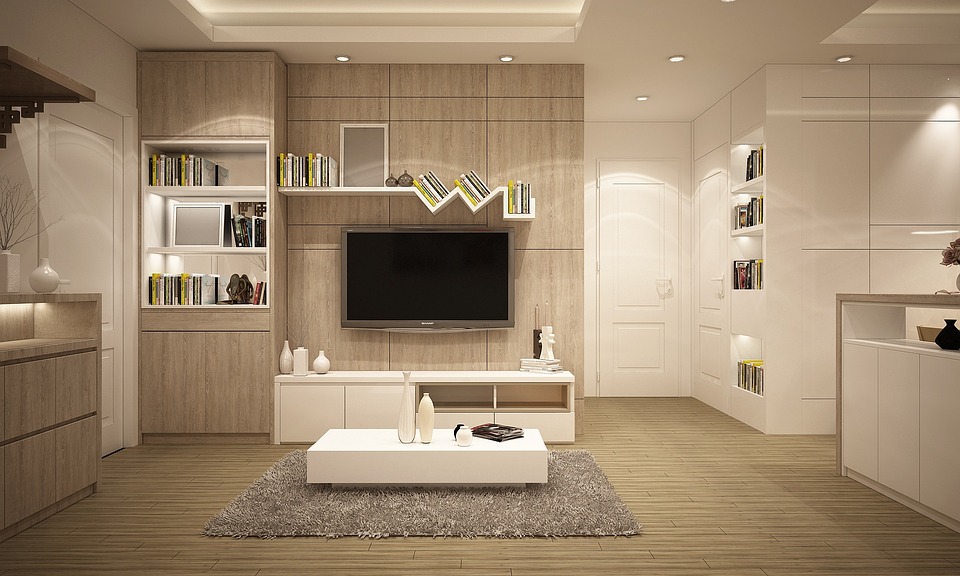In today’s fast-paced world, energy efficiency is no longer just a buzzword—it’s a necessity. As awareness of climate change and rising energy costs grow, homeowners are seeking smarter, more sustainable ways to manage their energy consumption. Enter home automation: a technological revolution that puts energy efficiency at your fingertips.
What is Home Automation?
Home automation refers to the integration of technology into household systems, allowing homeowners to control devices and appliances remotely, often via smartphones or smart home hubs. This interconnected network includes everything from smart thermostats and lighting systems to security cameras and energy monitors. By harnessing the power of automation, homeowners can optimize energy usage, reduce their carbon footprint, and save money on utility bills.
The Benefits of Home Automation for Energy Efficiency
1. Real-Time Monitoring and Control
One of the most significant benefits of a home automation system is the ability to monitor energy consumption in real-time. Smart energy monitors and apps provide insights into which appliances use the most energy and during what times, allowing homeowners to make informed decisions about their usage. You can track your energy consumption patterns and adjust your habits to reduce waste.
2. Smart Thermostats
Heating and cooling usually account for the largest portion of home energy usage. Smart thermostats learn your heating and cooling preferences and adjust settings accordingly. For instance, they can lower the temperature when you leave the house or optimize your HVAC system based on local weather forecasts. This functionality can lead to savings of up to 20% on heating and cooling bills.
3. Automated Lighting Systems
Smart lighting systems allow homeowners to control lights remotely, automate schedules, and set timers, ensuring that lights are only on when they are needed. Using sensors, your lighting can turn off when a room is empty, and motion-detecting lights can enhance security while also conserving energy.
4. Energy-Efficient Appliances
Many smart home devices, such as refrigerators, washers, and dryers, have energy-efficient modes. These appliances can communicate with your home’s network to optimize their operation based on energy availability and cost. For example, a smart washing machine may run during off-peak hours when electricity rates are lower.
5. Integrated Energy Management
Home automation allows for integrated energy management, meaning all your smart devices can work together. For instance, when your smart thermostat detects that you’re home, it can adjust lighting and appliance usage to optimize energy consumption as you go about your day. Some systems even provide suggestions on how to further reduce energy costs based on your usage patterns.
6. Enhanced Security and Peace of Mind
Many automation systems include smart security features that use energy wisely. For example, smart cameras can be set to activate only when you leave the house, thus conserving energy. Moreover, energy-efficient smart locks can notify you if doors are inadvertently left open, helping you avoid unnecessary heating or cooling loss.
7. Environmental Benefits
By investing in home automation, you’re not just benefiting your wallet—you’re also contributing to a greener planet. Reduced energy consumption decreases reliance on fossil fuels, lowering greenhouse gas emissions. Simple changes in your energy usage habits can have a significant impact on reducing the overall demand for energy, benefiting the environment.
Conclusion
Home automation is much more than a convenience; it represents a strategic way to enhance energy efficiency and reduce costs. By taking control of your energy consumption, you not only save money but also contribute positively to the environment. As technology continues to evolve, the possibilities for home automation will only expand, making it an exciting frontier for those looking to make the most of their living spaces.
Investing in a smart home system today can lead to a more sustainable, cost-effective, and efficient way of living tomorrow. So, why wait? With energy efficiency at your fingertips, a smarter home is just a click away.



